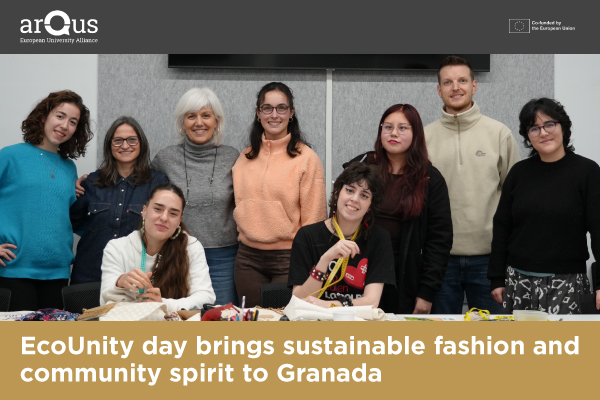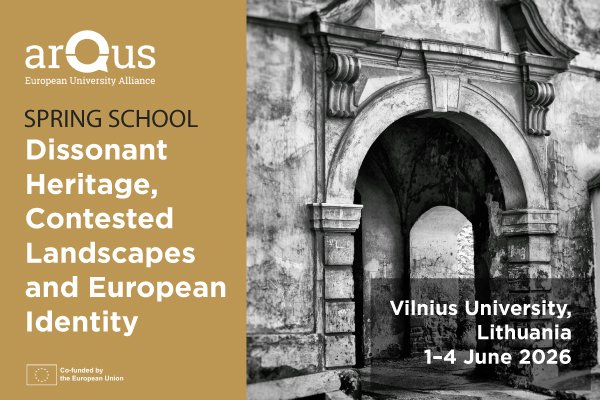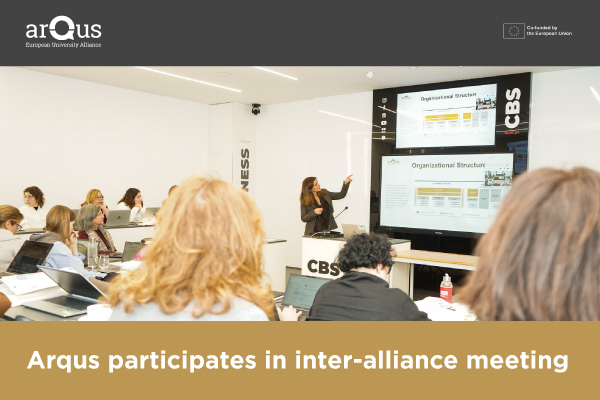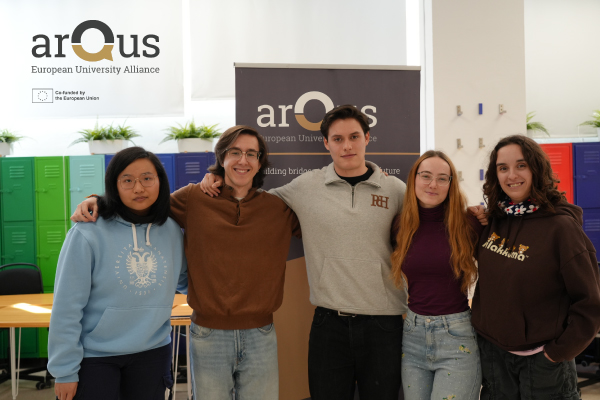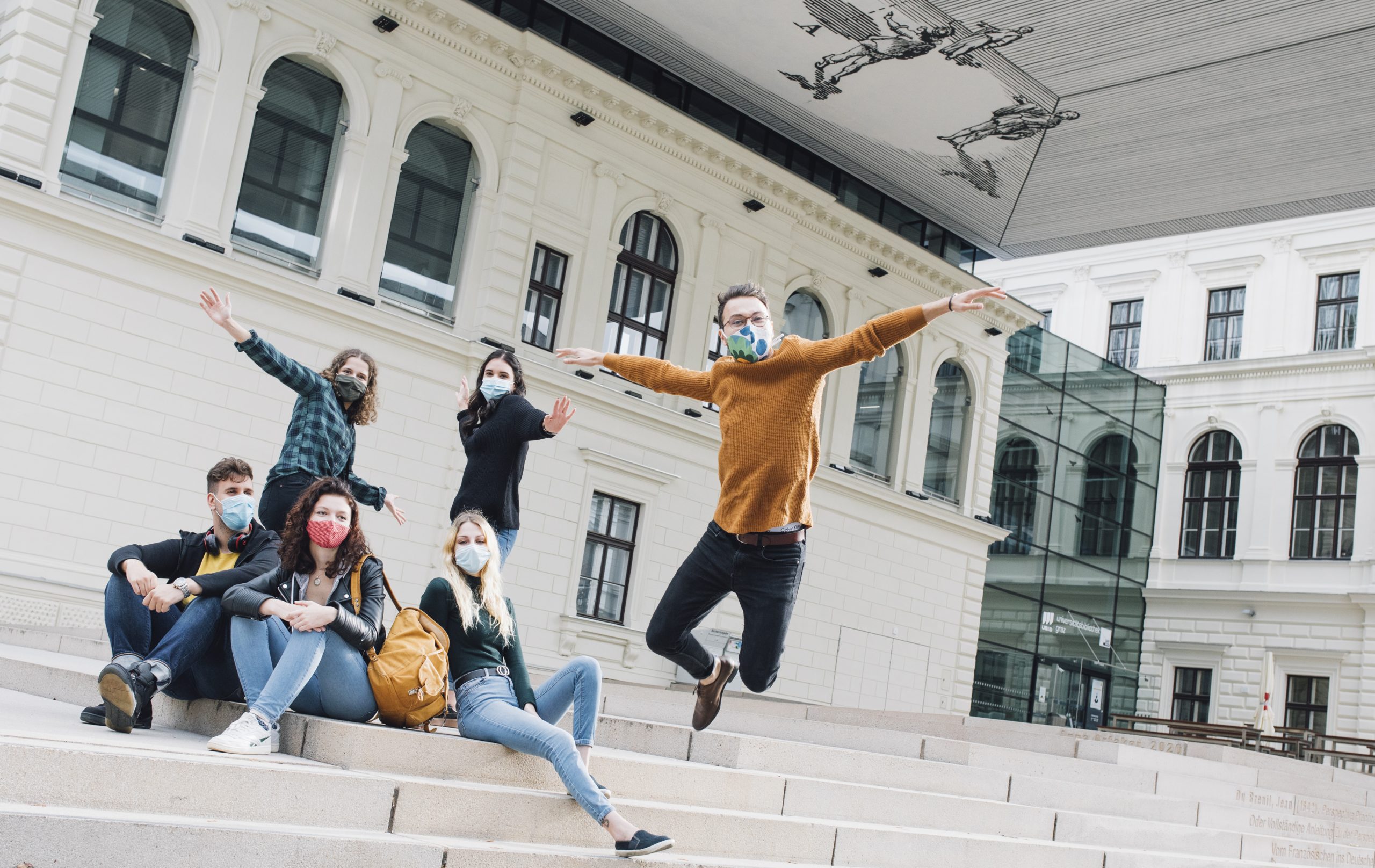
Coordinated by the Inclusion Board, chaired by the University of Padua, it had the following main objectives:
- Increasing inclusion (widening access and diversity) within universities.
- Increasing the awareness of the local and regional environment about different forms of disparity, under-represented groups, diversity and inclusion.
- Influencing inclusive policies on a regional and national level.
Overview of planned activities
Engagement with pre-university education pupils
- Preventive early career education: shared models of preventive early career education through the training of experts and shared resources
- Children’s universities: sharing best practice and development of shared guidelines for outreach activities for primary and secondary schools
- Women to STEM: attracting young women to STEM disciplines
Secondary/high school to university transition
- Support networks for inclusion: sharing best practice in services offered to meet vulnerable high school students’ needs in their transition towards university
Widening access – new transitions
- Recognition of prior learning: shared guidelines for a credit recognition and transfer system for accredited professional and work experience. Recommendations for national authorities
- Enabling refugees: a shared policy for the academic recognition and admission process of refugees
- Rethinking college: shared models of alternative educational pathways for students with disabilities
- Seniors’ Universities: sharing of best practices and short-term mobility for seniors’ universities
Inclusion and diversity at university
- Inclusive peer tutoring: sharing best practices and staff development for heterogeneity-sensitive programmes, internships and staff
- Staff development for the diverse and inclusive classroom
- Fast tracks for gifted students
University to World of Work
- Job market transition for inclusive universities Shared Policy Approach
- Common charters on Gender Equality, Inclusion and Sustainable Development Goals

